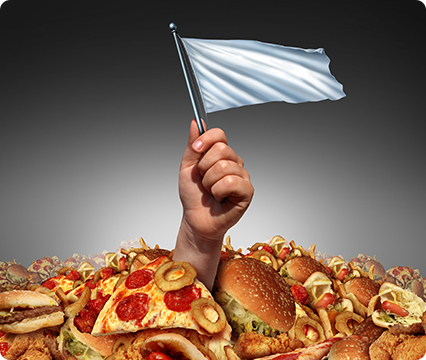Brain activity associated with regulating food cravings predicts changes in self-reported food craving and consumption over time
Since neural patterns associated with viewing high-energy foods can predict changes in dietary-related outcomes, this 2020 study recruited 88 individuals with higher body mass index and asked them to perform a food craving reactivity and regulation task while undergoing functional magnetic resonance imaging. The participants then reported their cravings and consumption of healthy and unhealthy foods at baseline, and at 1-, 3-, and 6-months. The data was not found to support the hypothesis that the brain activity observed when viewing and regulating unhealthy, energy-dense foods would be associated with self-reported craving for and consumption of unhealthy foods at baseline. Instead the activity across several regions of the brain was linked to the self-reported craving for and consumption of healthy food in regression models controlling for age, sex, and BMI. [NPID: craving, reactivity, food reactivity]
Year: 2020
 Navigation
Navigation






